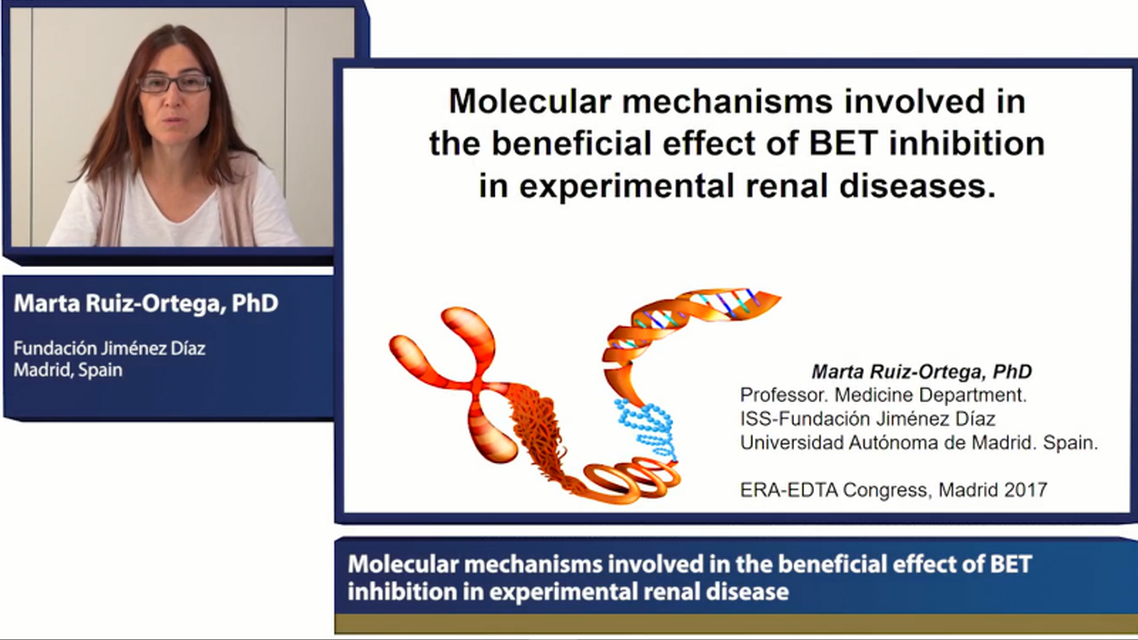Media formats available:
Recommended
- Managing CKD, Diabetes & CVD: Is epigenetics a new way forward?The high risk diabetes patient: What is the need for novel approaches to reduce cardiovascular and renal risk?
- Managing CKD, Diabetes & CVD: Is epigenetics a new way forward?BET inhibition in renal and cardiovascular disease: What is the clinical roadmap?






